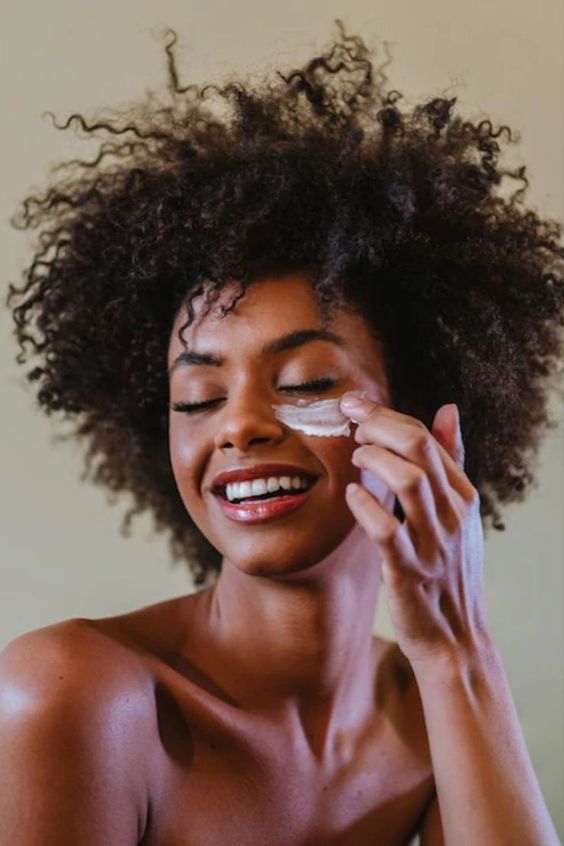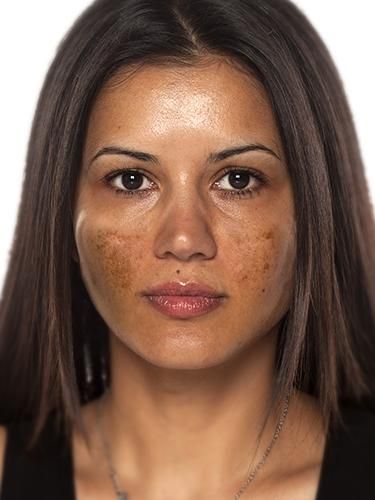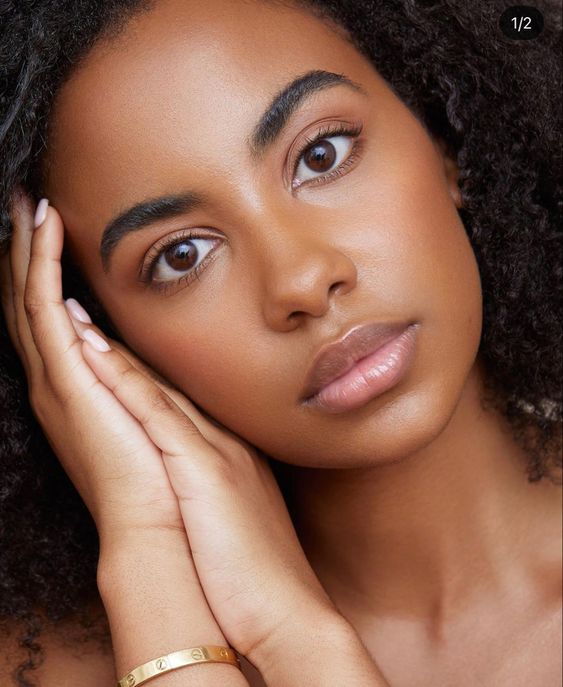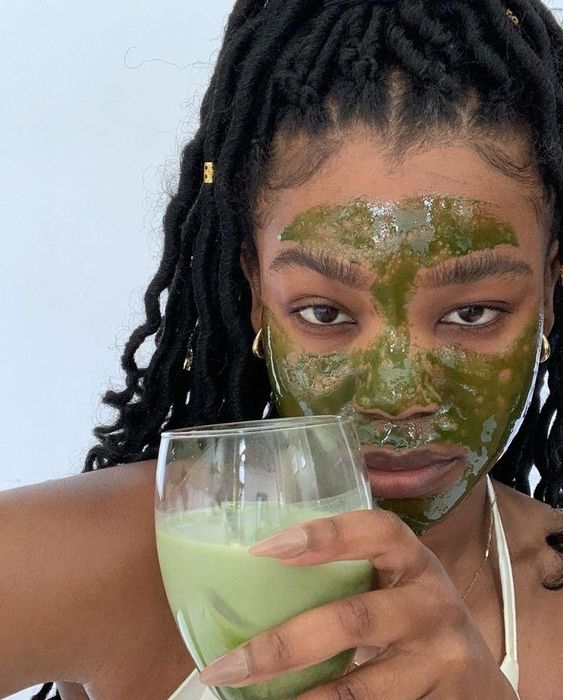Using natural ingredients is crucial for effective black skin care. Sales of organic and natural body products are rising because people are learning about the impact of ingredients. As more people understand the effects, they make smarter and healthier choices by choosing products with organic and natural ingredients.
Everyone’s skin is different, so it’s important to have a customized care routine. Black skin has more melanin (the pigment that gives skin its color), and the cells producing melanin may react more to inflammation and injuries, making these effects more noticeable in dark skin than in light skin.
Some conditions that people with black skin may experience include:
- acne, which includes pimples, whiteheads, and blackheads
- changes in pigmentation, which causes areas of discoloration
- contact dermatitis, or inflammation that occurs from contact with an irritant or allergen
- eczema, a skin condition that causes itchy, dry, and cracked skin
- seborrheic dermatitis, which appears as scaly patches on the scalp and face
In this article, we cover five top tips to care for black skin.
Cleanse and moisturize daily

For glowing and healthy skin, here’s an easy routine:
- Cleanse gently: Use a mild cleanser, making sure it won’t clog your pores. Massage it into your skin, rinse with warm water, and pat dry.
- Keep skin moisturized: Black skin may lose moisture faster, so use a daily moisturizer with glycerin or hyaluronic acid. You can also use Vaseline, but be careful with thick products on your face to prevent acne.
- Avoid irritants: Say no to fragranced moisturizers. Choose creams or ointments over lotions, and check for noncomedogenic products to prevent acne.
- Skip harsh products: Don’t use rough scrubs or loofahs. Keep it simple for a healthy skincare routine.
Always wear sunscreen

A common misconception is that black skin doesn’t burn and doesn’t need sunscreen. This is false. While people with black skin are less likely to get skin cancer from sun exposure, it can be more challenging to notice and diagnose. Sun exposure can lead to dark spots and make existing ones darker on black skin.
To protect against this, the American Academy of Dermatology recommends using waterproof sunscreen with at least SPF 30, providing broad-spectrum protection against both UVA and UVB rays. Apply it throughout the year, even on cloudy days, when in the shade, and during winter. Many regular moisturizers, including facial ones, contain SPF. Face creams with SPF are available in pharmacies, drug stores, and online.
For extra protection, consider special clothing with UV protection, which you can find online.
Consider treatments for hyperpigmentation

Hyperpigmentation, or skin discoloration, can affect anyone, regardless of skin tone. While sunscreen helps prevent new dark spots, it won’t remove existing ones. However, it can stop them from getting darker.
To lighten existing dark spots, you can try specialized products with ingredients like:
- Retinoids: Found in over-the-counter products like differin and prescription-based tretinoin.
- Hydroquinone: Stops excess melanin production, but use it cautiously as prolonged use can lead to skin darkening.
- Kojic acid: Another option for lightening dark spots, though it might be less effective.
- Vitamin C: Some research suggests it can reduce hyperpigmentation and protect against sun damage, but more research is needed.
Use these products carefully, especially hydroquinone and kojic acid, as overuse may irritate the skin. Don’t use hydroquinone continuously for more than 3 months to avoid skin darkening (exogenous ochronosis). Dermatologists may recommend combo products for convenience.
Treat acne early

Taking care of acne early can prevent it from worsening and also reduce the chance of developing dark spots known as post-inflammatory hyperpigmentation. These spots are not scars.
To manage acne and prevent dark spots, establish a gentle daily skincare routine using noncomedogenic and oil-free products. Avoid irritants like scented laundry detergent and heavily perfumed skin products. Consulting with a dermatologist is crucial to identify suitable products tailored to your specific type of acne. Early intervention and a gentle approach can make a significant difference.
Eat a balanced diet

Great skin care begins from within. Ensure your skin gets the nutrients it needs for formation and repair by maintaining a healthy diet with:
- Fruits and vegetables
- Whole grains
- Lean protein sources: Include fish, eggs, legumes, and tofu.
- Healthful fats: Incorporate nuts, avocado, and olive oil.
Avoid processed and sugary foods, and limit alcohol intake, as it may worsen certain skin conditions like psoriasis. If you have specific skin issues like acne or eczema, consult with a dermatologist to explore any potential dietary factors impacting your symptoms.
Conclusion
Maintaining vibrant and clear black skin involves a good skincare routine. Alongside a gentle daily regimen and a healthy diet, it’s crucial to steer clear of products with harsh chemicals and fragrances.
Swift treatment and preventive measures are beneficial for addressing specific skin issues like acne and dark spots. To prevent dark spots and more serious concerns like skin cancer, experts recommend using sunscreen with an SPF of 30 or higher every day. Protection against the sun is key for overall skin health.
FAQs
1. Why is black skin care different?
Black skin has unique traits, like higher melanin levels. Knowing this helps tailor skincare for black skin.
2. Why is a gentle routine important?
A simple daily routine maintains bright and supple black skin. Cleanse, moisturize, and avoid harsh chemicals.
3. How to deal with acne and dark spots?
Act fast with suitable products and prevent issues by choosing the right skincare and avoiding irritants.
4. Does black skin need sun protection?
Absolutely. Use SPF 30 or higher daily to prevent dark spots and serious issues like skin cancer.
5. What about diet in black skin care?
Eat fruits, veggies, whole grains, lean proteins, and healthy fats. Skip processed foods and limit alcohol for better black skin health.


1 Comment
Pingback: Everything You Need To Know About Cucumber Ribbon Salad - glowravishing